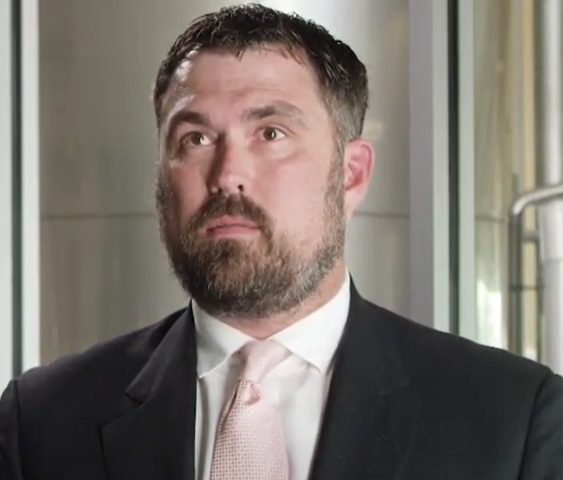Veteran naval officer Morgan Luttrell has always taken his responsibilities seriously. Responsibility for the men and women under his command. Responsibility to his country. Responsibility to his family. When he felt his brain injury and PTSD might negatively impact that he took action. Despite the stigma.
Learn more about some of the treatments available for those recovering from brain injury and PTSD using our Treatment Hub.
Watch more videos from Morgan Luttrell.
What drove me to go down the path of trying to figure out what was actually happening and what was associated with what people were telling me was I was a naval officer, I was a leader. And I had a responsibility to the guys I was charged with. It goes also into protection of my family. I didn’t tell anybody I was doing it. I took leave, paid for it out of my own pocket. And I’m glad I did. They didn’t take me offline, which was important. Because I had worked my whole life to be in that position to go overseas with these men that were underneath my leadership to go do great things for our country. And I’ll be damned if I was going to miss that. And back then it was still taboo. You didn’t talk, you didn’t have problems. We didn’t recognize problems or you don't come offline. And you use the analogy like NASCAR. When you go to Daytona of the first race of the season in a professional stock car, after the race, you come back and take the whole car apart, rebuild it, rebuild the team. Everybody rests, relax, get refit, get back on. The next race is online, you’re 100 percent. We don't do that in the military. We damn sure don't do it in my community. It is go, go, go, go, go, go, go, go, go. Until you step off that train, it does not stop. It’s a bullet train going down those tracks. You never get off. You get off of it, it’s gone. They don't look back. And one thing I noticed is they don't have the opportunity to. It’s not that they don't love you, they don't respect you, they don't like you. They can’t - they don't have time for that. It is such an arduous operational tempo that they are front side focused on one thing and one thing only, that’s mission success. So if you have something going on that can possibly hinder that effort, number one, you’re never going to say anything, which is bad. Because if you get into that and there’s something there, you’re a liability and not an asset anymore. So we’ve done our due diligence to make sure that we are saying hey look, we’re not going to offload you after you’ve been on multiple combat tours over an extended period of time and you’ve experienced these things. It’s not your fault. But let’s jam this in and get you back up on step so we can continue mission. And I did that on my own accord because you never said anything back then. And that was a few years ago. Man, the dynamic has changed in such a way, it’s an amazing thing - that’s good. This video was produced by BrainLine thanks to generous support from the Infinite Hero Foundation
This video was produced by BrainLine thanks to generous support from the Infinite Hero Foundation.
About the author: Morgan Luttrell
Morgan Luttrell is a Navy SEAL veteran. He sustained back injures including major damage to his spinal cord and suffered a traumatic brain injury in a helicopter crash during training. When he got out, he said he traveled the country trying to figure out how to “fix” his brain. He earned a master’s degree in applied cognition and neuroscience and a Ph.D. focusing his studies on helping veterans with PTSD and other traumatic brain injuries.

